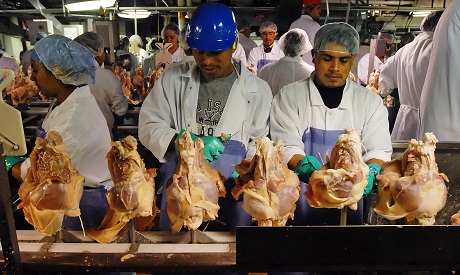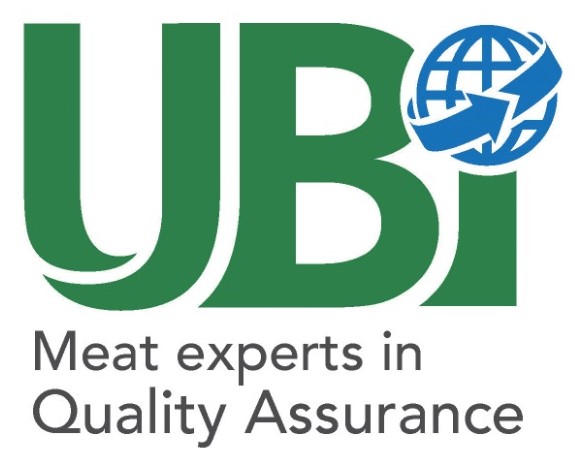Egypt will resume exporting poultry after 14-year hiatus
Egypt to resume poultry export after 14-year hiatus: Agriculture ministry
Companies that have shown no evidence of infection with avian influenza viruses will be able to resume exporting their products for the first time since exporting was suspended amid an outbreak of bird flu in 2006

Egyptian companies that have shown no evidence of infection with avian influenza viruses will be able to resume exporting their products for the first time since exporting was suspended amid an outbreak of bird flu in Egypt in 2006, Agriculture Minister El-Sayed El-Qusseir said in the statement.
The companies will be exporting different kinds of poultry products including: day-old chicks, table eggs, fertilized eggs and broiler chickens.
The move is expected to help boost poultry production, support the economy and increase Egypt’s foreign reserves, the minister said, adding that Egypt is currently self-sufficient in poultry and table eggs.
According to the minister, the avian flu free establishments are located in the deserts of three governorates: Sarabium in Ismailia, Wadi El-Natron in Behira, and Cairo-Assuit western road in Minya.
The isolated establishments system is an international mechanism recommended by the OEI to allow countries to export their poultry products, provided that these facilities are free of epidemics, Head of the General Authority for Veterinary Services Abdel-Hakim Mahmoud said.
Fourteen poultry facilities belonging to eight of Egypt’s largest poultry firms have submitted requests to receive approval from the OIE, he said.
He added that his authority has implemented several epidemiological and biosecurity measures in those facilities and performed periodic follow-ups to ensure that they are free of epidemic diseases, particularly avian influenza, before filing for approval.
Deputy Minister of Agriculture, for Livestock, Fisheries and Poultry Mostafa El-Sayad said that the ministry will now work on increasing the number of farms wishing to adopt the isolated establishments system after the OIE’s approval.
He added that the ministry has prepared an investment map in this field that includes about nine regions nationwide.
Via Ahram Online
